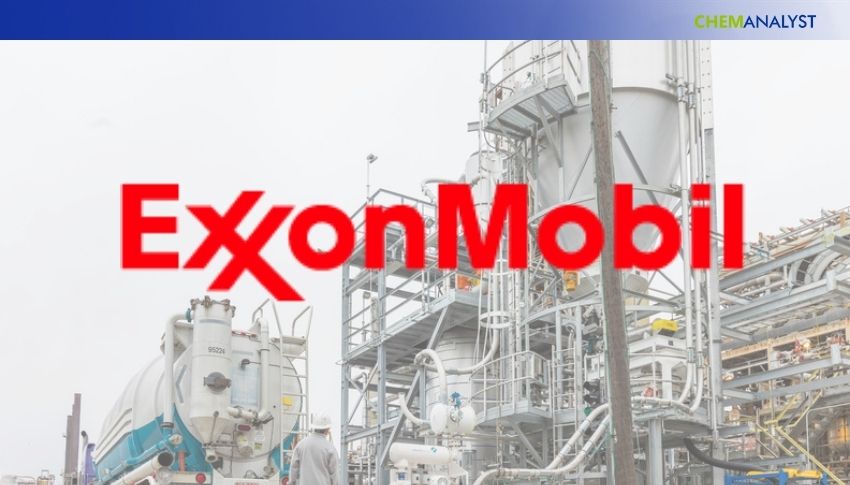Welcome To ChemAnalyst

ExxonMobil doubles Baytown recycling capacity, processes 100M pounds plastic, targets 1B globally by 2027 amid legal scrutiny in California.
ExxonMobil has announced the successful expansion of its chemical recycling plant in Baytown, Texas, significantly boosting its capacity to process plastic waste. The company has added a second pyrolysis unit to the facility, effectively doubling its annual processing capacity to approximately 72,000 tonnes of plastic waste. Originally commissioned in 2022, the Baytown facility employs pyrolysis technology to convert plastic waste into reusable raw materials. As of May 2025, the combined operation of both units has resulted in the processing of over 100 million pounds (roughly 45,000 tonnes) of plastic waste.
This latest expansion is part of ExxonMobil’s broader initiative to enhance its chemical recycling capabilities. Last year, the company committed over $200 million to develop additional recycling capacity at both its Baytown and Beaumont sites in Texas. With the completion of the Baytown expansion, ExxonMobil has reaffirmed its commitment to sustainability and innovation in waste management. “This is a sound investment that benefits our customers, shareholders, and the communities we serve,” the company noted in its announcement.
One of the key advantages highlighted by ExxonMobil is the strategic integration of recycling units within its existing infrastructure. This embedded approach allows the company to scale operations more quickly and cost-effectively than much of the industry. Moreover, by situating recycling capacity close to urban centers, ExxonMobil aims to support higher recycling rates in surrounding communities, thereby contributing to local environmental goals.
ExxonMobil emphasized that the design and operation of the second pyrolysis unit benefited from the experience gained with the initial facility. These lessons have translated into improved efficiency and performance, and the company is optimistic that future units will continue this trend of enhanced output and sustainability. The current pyrolysis operations reportedly convert close to 90% of plastic waste into valuable raw materials, a high yield that ExxonMobil expects to maintain or improve as the technology evolves.
Looking ahead, ExxonMobil projects that the combined capacity of its Baytown and Beaumont facilities will reach 500 million pounds (around 227,000 tonnes) of processed plastic waste annually. On a global scale, the company has set an ambitious target of achieving 1 billion pounds (approximately 454,000 tonnes) of chemical recycling capacity by the year 2027. This expansion underscores ExxonMobil’s strategy to lead in the advanced recycling space, aligning with growing regulatory and consumer expectations for sustainable solutions in plastic waste management.
Despite these advances, ExxonMobil is currently facing legal challenges. The state of California has filed a lawsuit against the company, accusing it of misleading the public about the viability and effectiveness of plastics recycling efforts. The outcome of this case could have implications for how ExxonMobil and other industry players communicate about their sustainability initiatives.
ExxonMobil provides a diverse portfolio of products through its energy, chemical, and lubricant divisions. Its offerings include fuels, lubricants, and a variety of chemical products such as olefins, polyethylene, and polypropylene. The company also supplies specialized aviation products, including jet oils and greases.
We use cookies to deliver the best possible experience on our website. To learn more, visit our Privacy Policy. By continuing to use this site or by closing this box, you consent to our use of cookies. More info.
